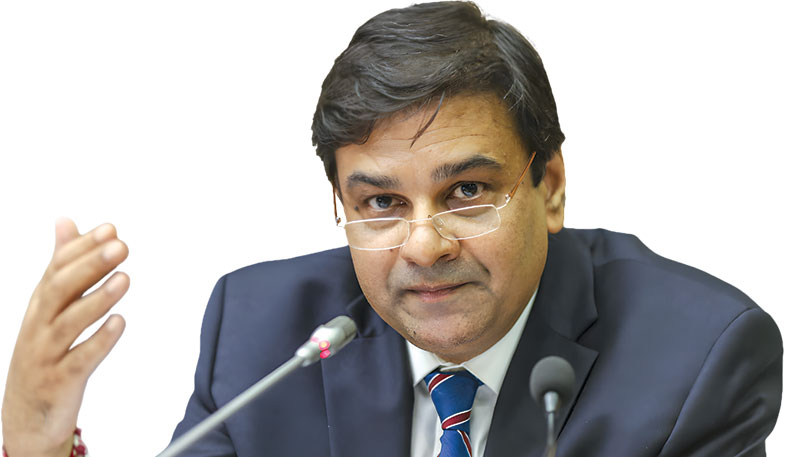Blitz Bureau
NEW DELHI: The appointment of former Reserve Bank of India Governor Urjit Patel as India’s Executive Director on the Board of the International Monetary Fund marks both a personal comeback and a strategic moment for the country. Known for his quiet resolve and measured approach, Patel now occupies a seat at the world’s most influential financial institution, representing India as the Government sharpens its push towards the goal of Viksit Bharat 2047.
Patel’s return comes seven years after his abrupt resignation from RBI in 2018, following disputes with the Government over central-bank autonomy and financial regulation. During his tenure, he cemented inflation-targeting as a framework, forced recognition of stressed bank loans and defended institutional independence. Though he stayed away from limelight after leaving Mint Street, his reputation for discipline and integrity makes his entry into IMF significant.
A global voice for India
The IMF is more than a lender of last resort. Its annual country assessments, projections and policy advice shape how markets view emerging economies. For India, the Fund’s endorsement has direct consequences: it reassures investors, lowers borrowing costs and frames New Delhi’s reform agenda in global discussions. India at present leads a constituency with Bangladesh, Bhutan and Sri Lanka, giving Patel a voice in debates on debt, trade, climate finance and digital regulation.
Beyond surveillance, IMF also engages India through its South Asia training centre in New Delhi, which supports ministries and state governments in fiscal management, tax reform, statistics and banking oversight. In recent years, IMF research has acknowledged the success of India’s digital public infrastructure, bolstering its standing as a policy innovator.
Tied to Viksit Bharat goals
The Government’s declared mission of becoming a developed economy by 2047 hinges on steady growth, institutional resilience and social inclusion. On each of these fronts, IMF priorities overlap with India’s national agenda.
Fiscal prudence and inflation discipline help keep capital costs down; trade openness and value-chain integration are essential to raise manufacturing’s share of GDP; labour-market reforms and higher female participation are needed to sustain growth; and climate transition policies must balance development with sustainability.
The Fund’s assessments and prescriptions may not always be popular, but they provide benchmarks that shape policy direction. For India, aligning IMF expectations with domestic priorities will be crucial in mobilising resources and credibility over the next two decades.
At IMF, Patel’s task is twofold: to defend India’s policy space while also influencing the institution’s evolving agenda. His background as a cautious yet firm policymaker equips him to argue for reforms in global governance that give emerging markets greater voice, and for financial architectures that support development without undermining stability.
The challenge, however, lies in execution at home. Consolidating public finances, improving tax efficiency, opening trade without hurting sensitive sectors, and expanding jobs remain politically demanding. Patel’s ability to bridge boardroom consensus in Washington with practical realities in New Delhi will determine the value of his tenure.
In essence, Patel’s appointment gives India a seasoned hand at a time of opportunity and challenge. His reputation for fiscal discipline and institutional independence adds weight to India’s voice in global forums.
The IMF’s reports and advice directly influence investor confidence and borrowing costs for India, while its policy prescriptions overlap with the government’s Viksit Bharat 2047 goals of growth, manufacturing, jobs and inclusion.
Patel must now balance IMF boardroom consensus with India’s domestic realities. If he succeeds, his quiet diplomacy could help lower the cost of capital, deepen global integration and strengthen the foundations of India’s journey to developed-nation status by 2047.



